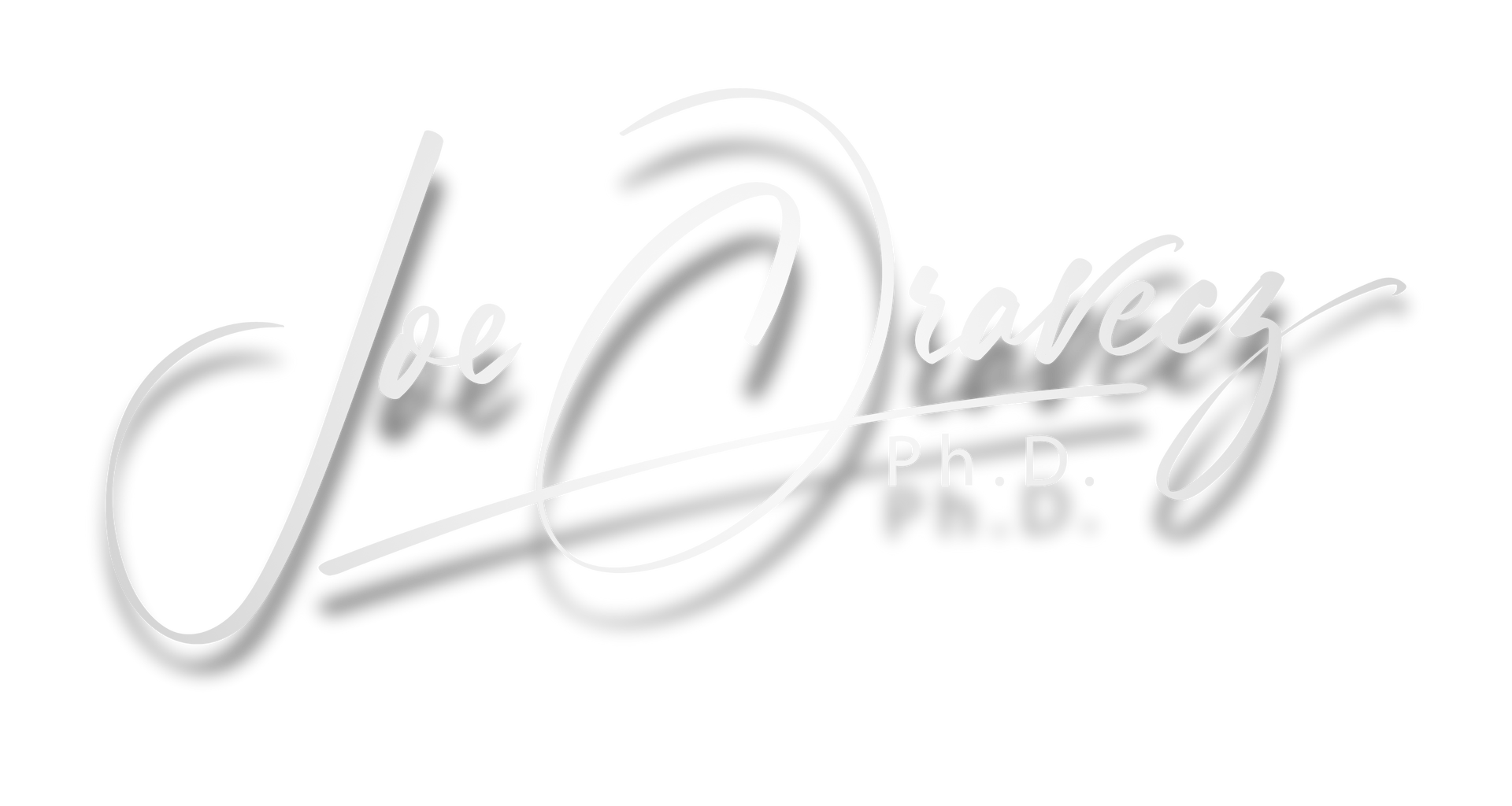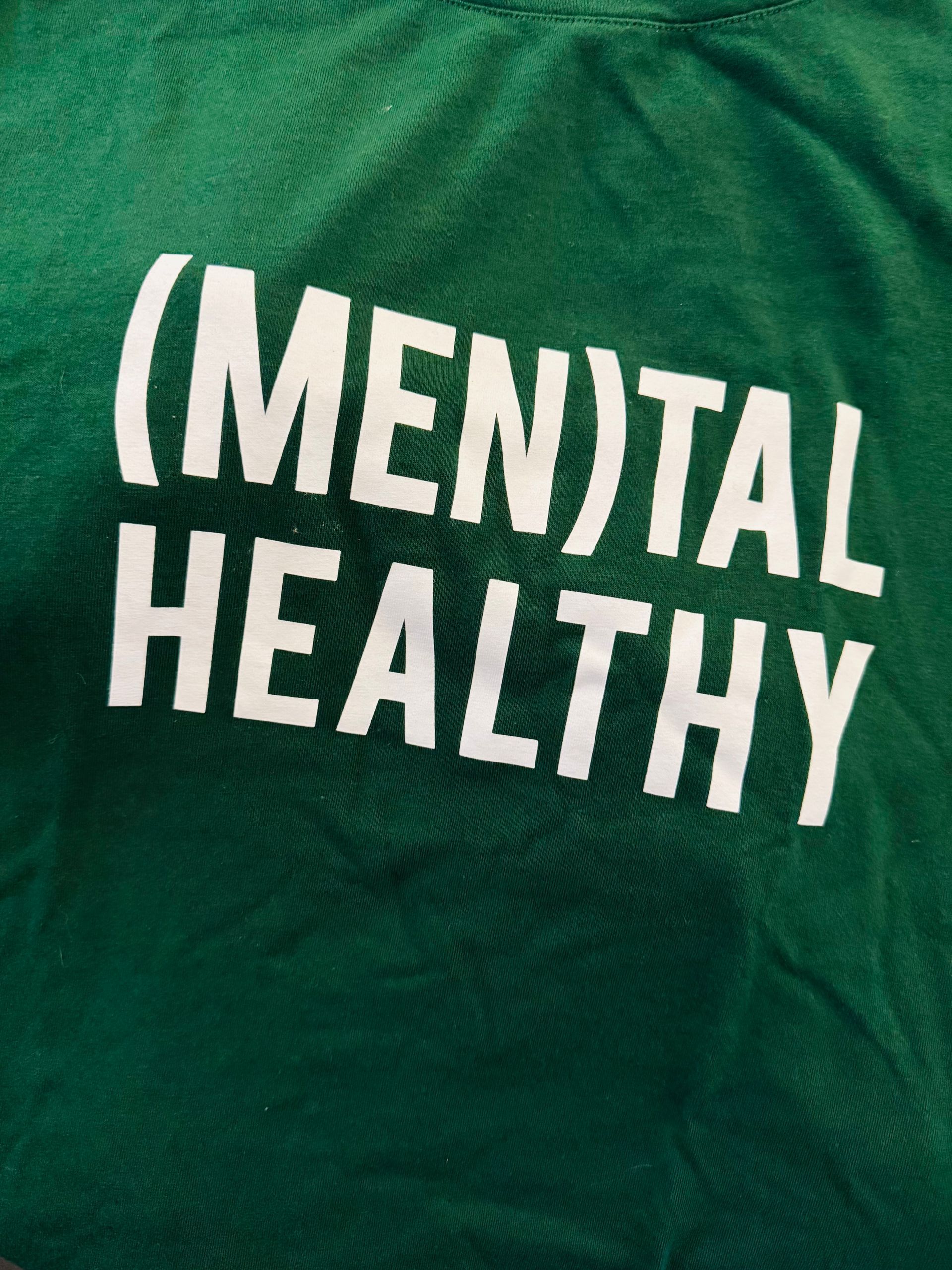Where Every Obstacle Becomes a Metaphor for Meaningful Leadership

As April unfolds, I find myself reflecting on both the literal and metaphorical journey I completed just days ago at the Spartan Sprint on March 29. Crossing that finish line wasn’t just a physical accomplishment—it was a powerful affirmation of what it means to lead with mental resilience, to endure with purpose, and to rise again and again, regardless of the terrain underfoot.
This was my fifth Spartan Sprint, and each one reveals something new about the connection between challenge, leadership, and mental health. Among the most memorable obstacles this year was the Atlas Carry, where competitors lift and carry a concrete sphere weighing approximately 100 pounds for a designated distance. It’s one of the most raw, grounding challenges on the course—demanding full physical engagement, but equally a test of focus, breath, and mental clarity. It reminded me of the emotional weight leaders often carry silently—immovable at times, but not impossible. The key is learning how to hold it with strength, move with care, and set it down when needed.
Another unforgettable obstacle was the barbed wire crawl—low to the ground, deliberate, and uncomfortable. Crawling through grass and mud under sharp metal taught me something too: leadership isn’t always upright. Sometimes, it requires humility. It means staying low, grounded, quiet—making forward progress even when the path is unclear or riddled with discomfort. It reminded me of the seasons when we move inch by inch, scraping through the hard stuff without applause or clarity, but with grit. And that too, is leadership.
Spring reminds us that rebirth isn’t just poetic—it’s practical. Shoots break through frozen ground, not with force, but with consistency. Similarly, leadership—especially mental health-conscious leadership—isn’t always dramatic. It’s forged in quiet decisions, unseen recalibrations, and daily habits of courage. Stoic philosophers taught that while we cannot control what lies before us, we can govern how we respond. As Marcus Aurelius once wrote, "The impediment to action advances action. What stands in the way becomes the way."
This resonates deeply. I’ve learned to view life’s obstacles not as blockades, but as invitations—to grow stronger, wiser, and more aligned with purpose. This became even more evident as I scaled the 5-foot, 6-foot, and 7-foot walls—each one presenting its own challenge. These walls mirror the barriers we face in leadership: self-doubt, fear, and resistance. Some are just high enough to make you pause. Others require a running start and belief that you’ll make it to the top. The inverted wall, slanted toward you, requires even more strategy and trust in your own strength. It reminded me that leadership isn’t always about charging forward; sometimes, it’s about rethinking your angle, asking for support, and knowing your grip will hold—even when the climb is uncertain.
As leaders, when we stop resisting our challenges and instead meet them with presence and resolve, we become the example others seek.
April is not just a transition—it’s a teacher. It shows us how to soften and strengthen at the same time. It urges us to bloom—not because it’s easy, but because it’s time. Let this month be a return to what matters: to walk the talk not as a brand, but as a practice; to lead not for applause, but for impact; to live not avoiding pain, but transforming it.
So here’s the quote I offer you this month:
"Your resilience isn’t built in the spotlight—it’s built in the mud. Every wall you scale becomes the foundation you lead from. Let April teach you how to rise and root at the same time."
Keep moving.
Keep growing.
The finish line is never really the end—it’s where the next version of you begins.










